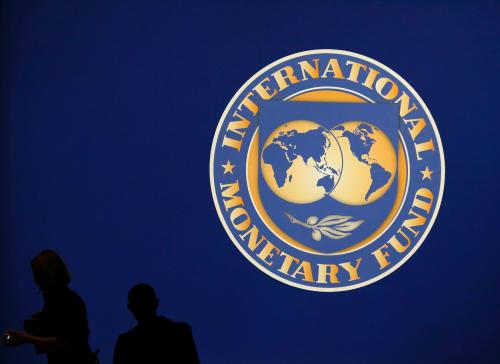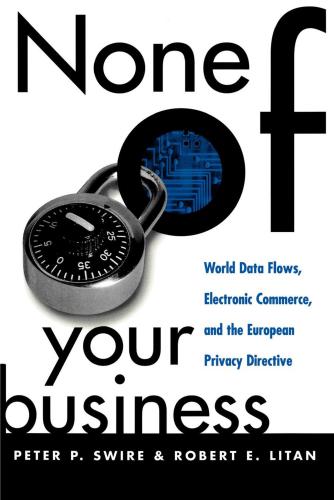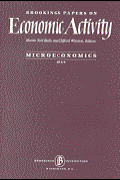Deregulation of the Chinese financial system requires strong and effective oversight, says Donald Kohn, a senior fellow in Economic Studies at the Brookings Institution and affiliated with its Hutchins Center on Fiscal and Monetary Policy. In remarks delivered on May 11 at Beijing’s Tsinghua University, Kohn discussed challenges China faces as it deregulates and liberalizes its financial sector. He highlighted six lessons from the U.S. and U.K. experiences with macroprudential regulation:
- Deregulating the interest rate paid on deposits is necessary for financial stability and the efficient allocation of resources, but also poses threats that require careful micro and macroprudential oversight.
- Alternative sources of intermediation services can make the financial system more resilient, but can also give rise to new sources of vulnerability, especially at the regulatory perimeter. Regulators should remain alert for the possibility that alternative markets are simply a product of regulatory arbitrage rather than soundly based diversification of intermediation.
- “The sting is in the tail.” Crises tend to occur when participants are unprepared for tail events—that is, extreme but highly improbable events—making stress tests of capital and liquidity an important macroprudential tool.
- Effective macroprudential regulation relies on the cooperation and buy-in of all the microprudential regulators.
- The macroprudential regulator should include a major role for the central bank and be independent enough to take unpopular actions.
- Macroprudential regulators ideally would have tools they can exercise directly when threats to financial stability are identified, but at a minimum should be able to elicit speedy responses from other authorities.
With “strong, effective oversight of the financial system,” Kohn concluded, Chinese deregulation “will increase both the stability and the productivity of the [Chinese] economy over time.”










Commentary
Lessons for China from the U.S. and U.K. Experiences with Macroprudential Regulation
May 12, 2014